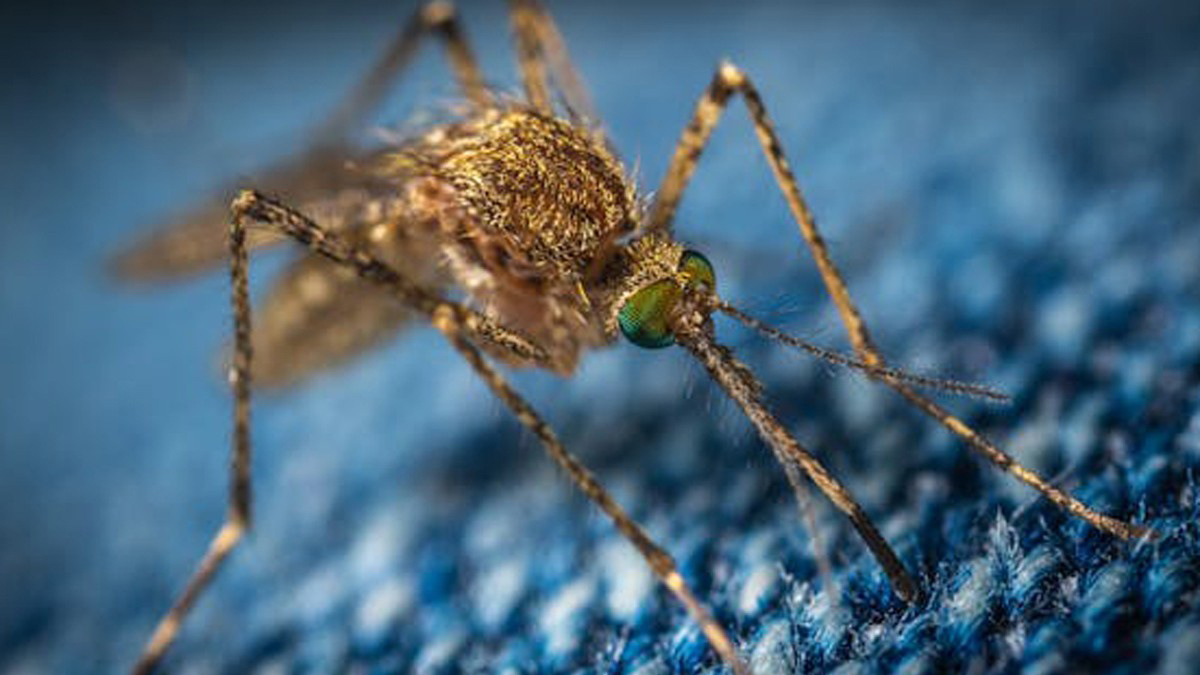Climate change has exacerbated the spread of dengue fever, one of the most prevalent mosquito-borne diseases globally. Rising temperatures, altered precipitation patterns, and increased humidity create ideal breeding conditions for Aedes mosquitoes.
According to a new study presented at the Annual Meeting of the American Society of Tropical Medicine and Hygiene, climate change has a massive impact on dengue transmission, accounting for 19 per cent of the current dengue burden.
The study also added that it has the potential to spark an additional 40 percent-60 per cent spike by 2050.
Warmer temperatures also accelerate the mosquito's life cycle and viral replication, increasing the potential transmission. Furthermore, changing weather patterns and extreme weather events, such as floods and droughts, disrupt ecosystems and human settlements, facilitating the spread of mosquitoes.
The findings are from researchers at Stanford and Harvard Universities.
In 2024, countries in the Americas recorded almost 12 million cases, compared to the 4.6 million in 2023.
"We looked at data on dengue incidence and climate variation across 21 countries in Asia and the Americas and found that there is a clear and direct relationship between rising temperatures and rising infections," said Erin Mordecai, an infectious disease ecologist at Stanford's Wood Institute for the Environment.
She added that it's evidence that climate change already has become a significant threat to human health.
The study finds that amid dengue’s growing threat, moderating global warming by reducing emissions would also moderate climate impacts on dengue infections.
The WHO estimates that climate change will increase the risk of dengue transmission by 50 per cent by 2050, underscoring the urgent need for integrated climate and public health strategies to mitigate the growing threat.
Mordecai's team looked at 21 dengue-endemic countries, including Brazil, Peru, Mexico, Colombia, Vietnam and Cambodia, which regularly collect data on infection rates.
The study also found that areas already on the high end of the temperature range, like southern Vietnam, will experience little additional climate impact.
Overall, the analysis revealed that there are at least 257 million people now living in places where climate warming could cause dengue incidence to double in the next 25 years.


